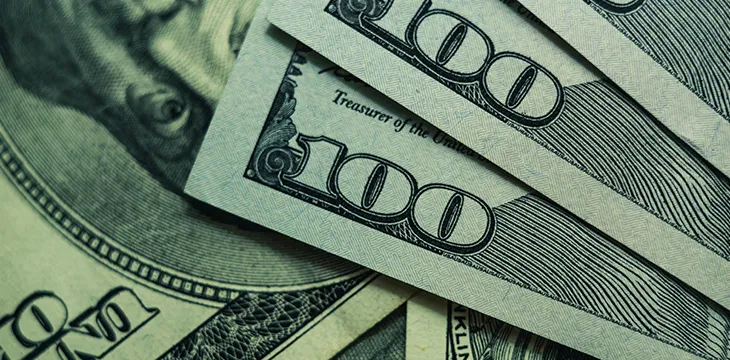|
Getting your Trinity Audio player ready...
|
Is the U.S. government considering introducing a central bank digital currency (CBDC)? Inquiring minds wants to know, as do a couple of lawmakers. A letter has been drafted by two legislators on Capitol Hill and sent to the chairman of the Federal Reserve, asking for clarification on the subject.
The letter, signed by Representatives French Hill and Bill Foster, was sent to Chairman Jerome Powell and tries to ascertain whether or not the Fed, as it’s known, is planning on a digital currency that would be approved by the government. It starts by reminding Powell of how money is always evolving, including China’s move from a paper-money system to a coin-based one in the ninth century, and looking for input from the chairman on whether or not anything is happening in the background to develop a CBDC.
The politicians believe that the U.S. dollar could be losing ground as the dominant currency in the wake of developments in other countries that are considering their own CBDC. The letter explains, “We are concerned that the primacy of the U.S. Dollar could be in long-term jeopardy from wide adoption of digital fiat currencies. Internationally, the Bank for International Settlements conducted a study that found that over 40 countries around the world have currently developed or are looking into developing a digital currency. For example, Sweden is working on an ‘e-krona’ project, Uruguay has completed a pilot program on an ‘e-Peso’ digital currency, and China’s central bank is expected to launch a digital version of the yuan later this year or in early 2020.”
In case the chairman wasn’t aware of the advances in the digital currency realm, the lawmakers wanted to make sure everything was perfectly clear. They added that, because digital currencies can adopt traits similar to those of paper fiat, the Fed should place more urgency on developing a digital currency solution that might be able to help the U.S. dollar retain its dominant position.
There is at least one person tied to the Fed who doesn’t believe a CBDC is necessary. Simon Potter, a former Fed official, told BNNBloomberg recently that it doesn’t make any sense, adding, “I see no argument that makes sense to have something that complicated out there when you have large, liquid capital markets in the U.S. Not having one currency that you can basically price things and have a deep market in, that makes life much harder for the global economy.”
The congressmen provided a series of questions they want the chairman to answer. They don’t, however, request the responses to be delivered by a certain date, so it isn’t clear when an update will be available.

 09-06-2025
09-06-2025 





